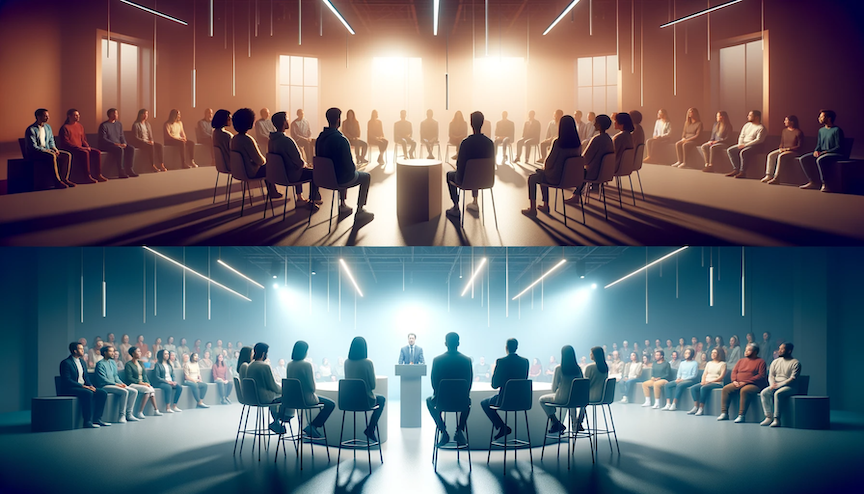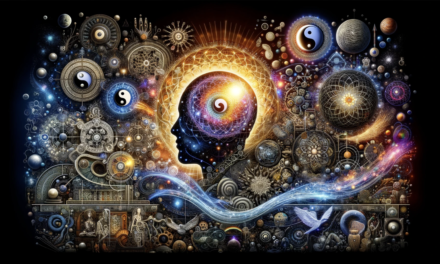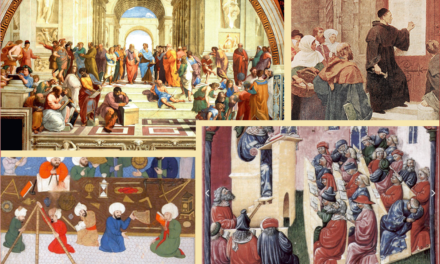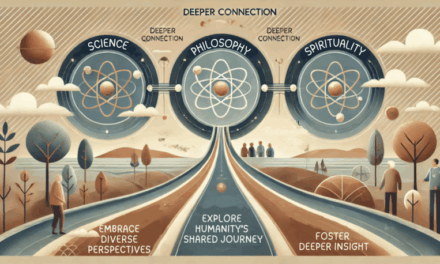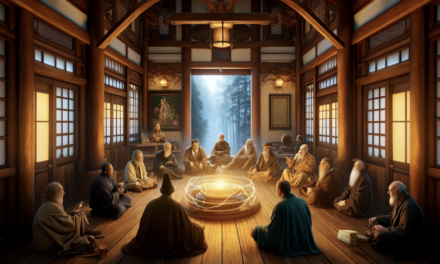In an era marked by rapid technological advancement, globalisation, and unprecedented challenges, humanity faces a set of grand challenges that demand urgent attention. From climate change and global poverty to political instability and pandemics, these challenges are multifaceted, interconnected, and complex.
Often termed “wicked problems,” these issues resist straightforward solutions. Coined by Horst Rittel and Melvin Webber, the term “wicked problem” refers to challenges that are difficult to define, have no definitive solution, and where every solution leads to new problems. Their interconnected nature means that solutions in one domain might exacerbate issues in another.
In the face of such challenges, the democratic processes employed to address them come under scrutiny. Two contrasting approaches emerge: debate and dialogue. The former, characterised by the defence of views and a desire to “win” an argument, is deeply ingrained in many Western democratic traditions. The latter emphasises mutual understanding, shared learning, and consensus-building.
Individualism, a core tenet of many Western societies, often aligns with the spirit of debate. It prioritises personal freedom, individual rights, and self-reliance. While these values have their merits, they can lead to fragmented decision-making in the context of wicked problems. Groups or individuals might push for their interests without considering broader implications, hindering collective problem-solving.
Conversely, prioritising the common good aligns more with dialogue. It emphasises collective well-being over individual interests. In a democratic process that fosters dialogue, stakeholders seek mutual understanding, shared learning, and consensus. Such an approach is conducive to addressing wicked problems, fostering collaborative decision-making that’s adaptive and holistic.
The current zeitgeist, especially in many Western democracies, seems to favour debate over dialogue. The media landscape, with its emphasis on confrontation, the polarised political climate, and the rapid pace of information dissemination, often prioritises quick reactions over in-depth dialogue. This bias towards debate and individualism might be an impediment in addressing humanity’s grand challenges.
While individualism and debate have their places in democratic processes, they might be less suited for addressing wicked problems than emphasising the common good and dialogue. As humanity grapples with its grand challenges, it becomes imperative to prioritise collective well-being, foster open dialogue, and seek holistic and sustainable solutions. Only through collaborative efforts and a shift in perspective can we hope to navigate the complexities of the modern world.

